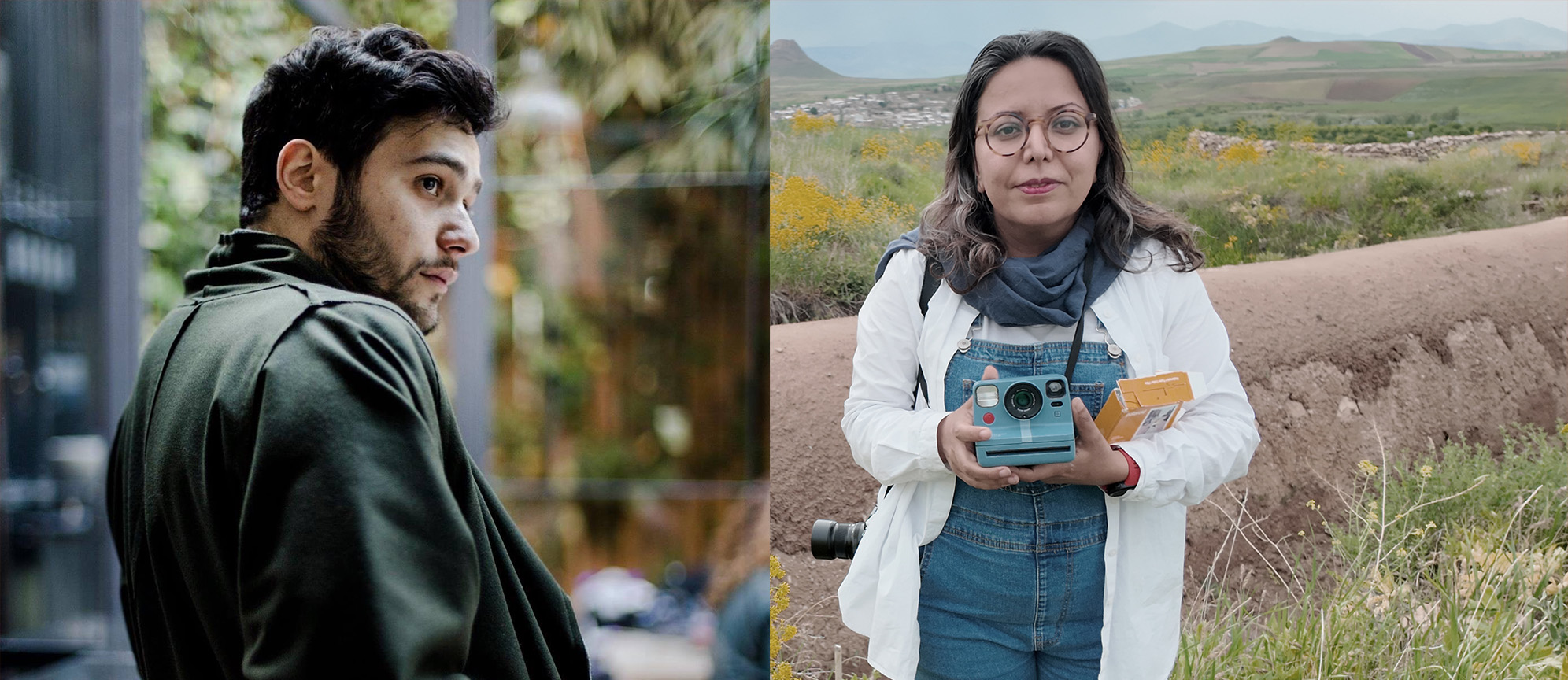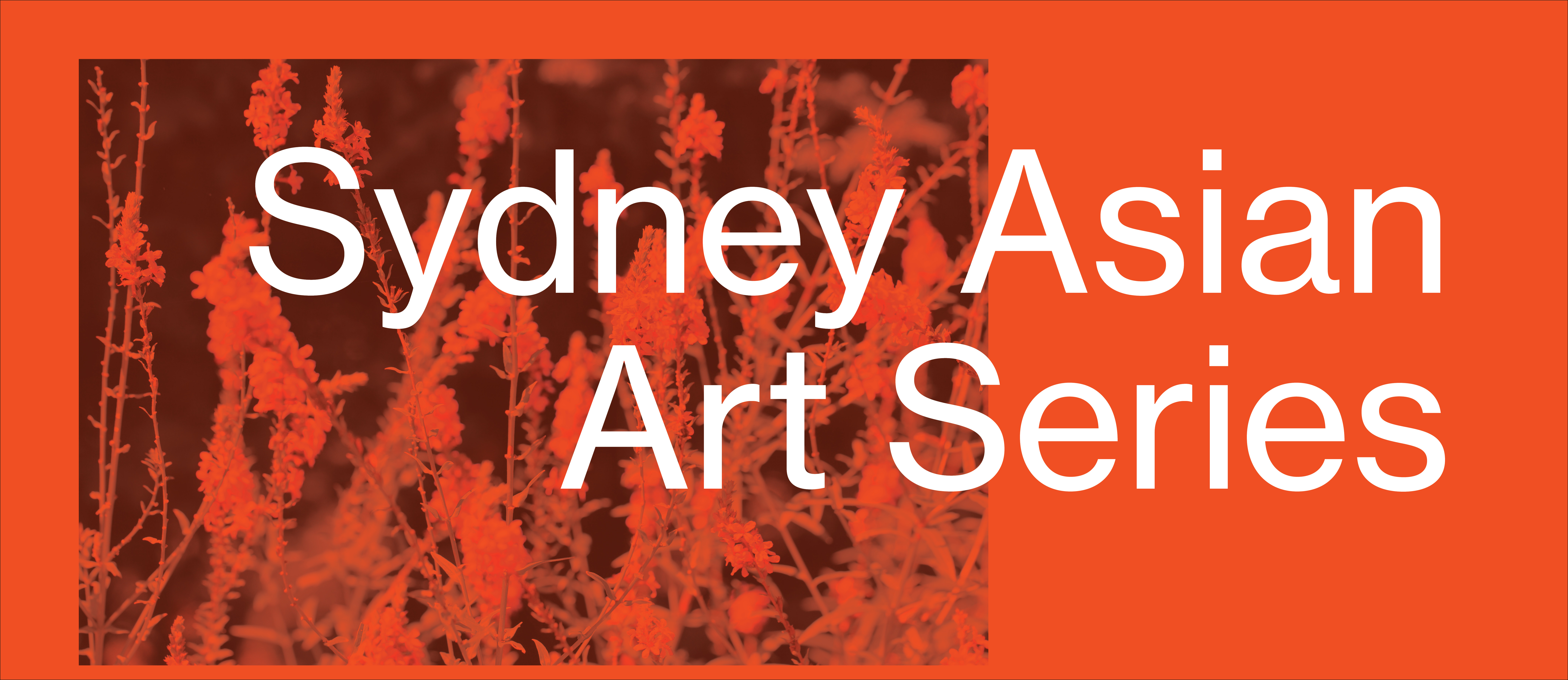Tending to Memory: Art, Migration, and the Politics of Labor
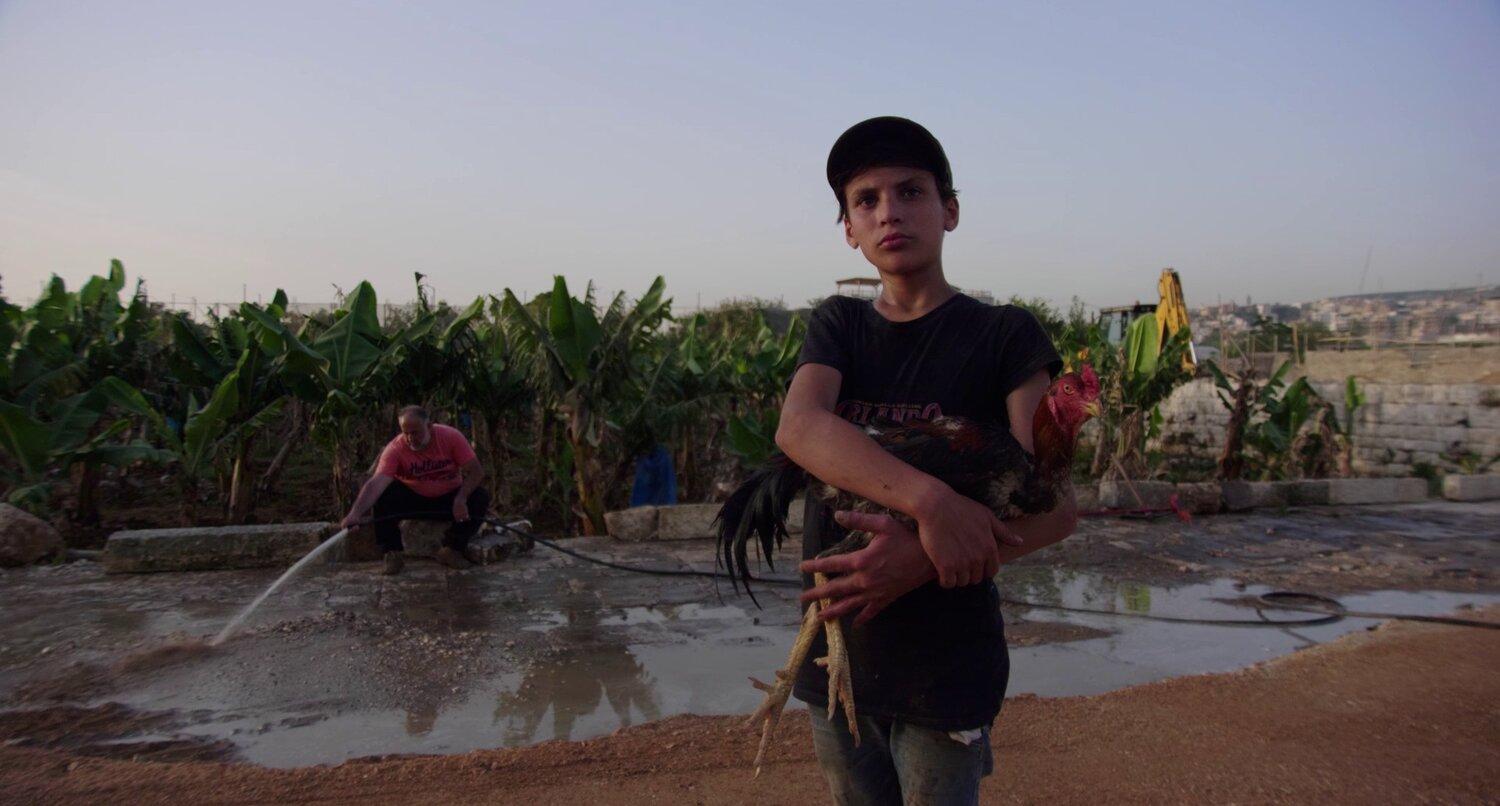
A roundtable discussion with artists Panos Aprahamian and Gohar Dashti, and art historian Hala Auji, about labour, migration, and identity in the context of care, the environment, and neoliberal society.
Still from Panos Aprahamian, "This Haunting Memory that is Not My Own", 2020.
This roundtable brings together artists Panos Aprahamian and Gohar Dashti, in conversation with Hala Auji, to consider how their work engages with issues of labor, migration, and identity in the context of care, the environment, and neoliberal society. Through a discussion of these artists’ works the roundtable will examine how care manifests in community-building, the politics of labor, belonging, and the personal and collective memories that shape these experiences.
Series convened by Olivier Krischer and Peyvand Firouzeh, and co-presented by the Power Institute and VisAsia at the Art Gallery of NSW.
People
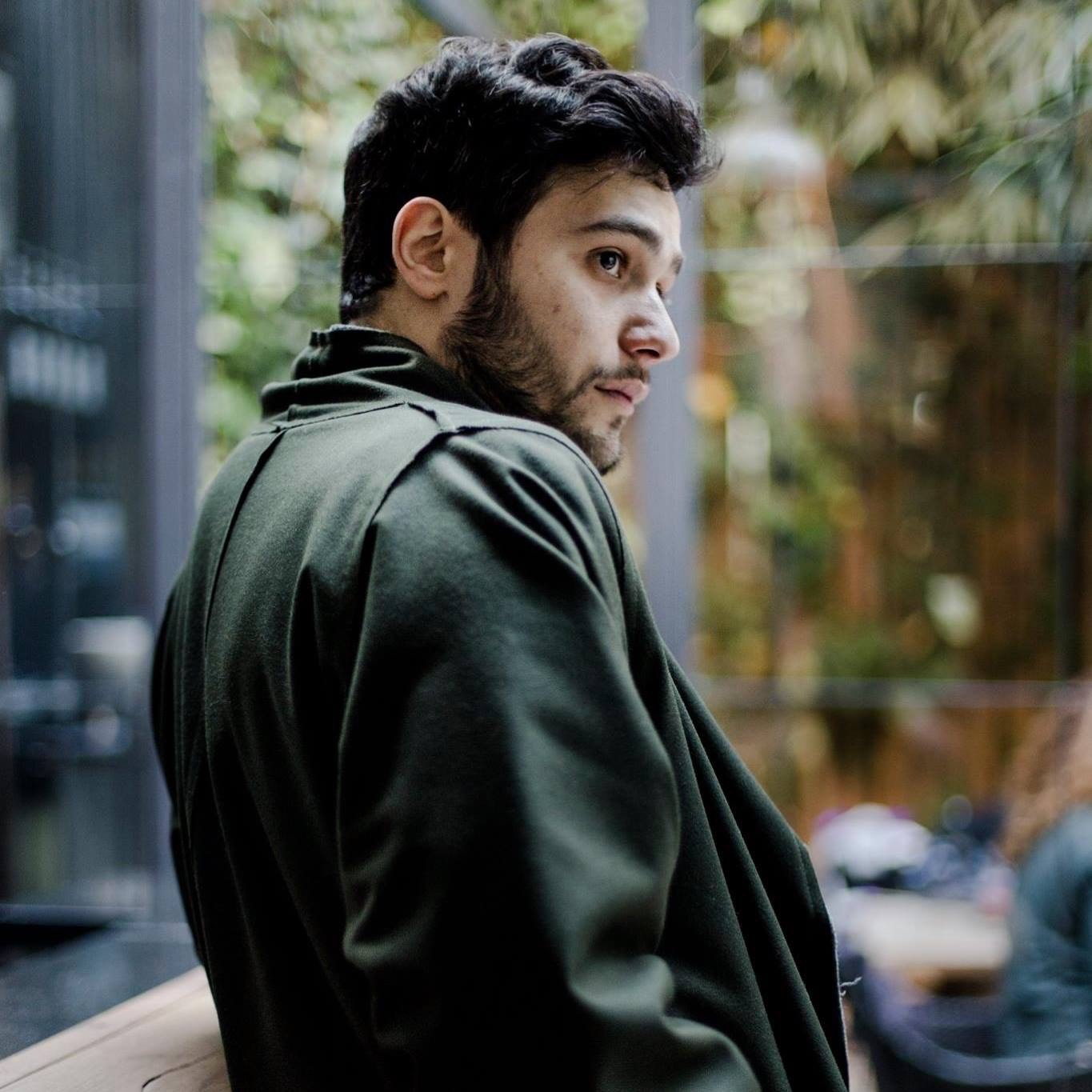
Panos Aprahamian
Panos Aprahamian (b. 1986) is a Berlin-based Lebanese-Armenian unfiction filmmaker, media artist, and writer from Beirut's peripheral rustbelt. Through language, image, and ritual, his practice explores the spectral presence of the future past in undead bodies, sacrificial landscapes, and social relations. He studied filmmaking at the Lebanese Academy of Fine Arts and the University of the Arts London, graduating with an MA in Documentary Film in 2015. Aprahamian was a Caspian Arts scholar in 2015 and a fellow at Ashkal Alwan's Home Workspace Program between 2017 and 2018. He is the winner of the Ecumenical Prize at the 2022 Oberhausen Short Film Festival, recipient of the Eliza Moore fellowship for artistic excellence in 2024, and the Han Nefkens Foundation—Fundació Antoni Tàpies Video Art grantee for the 2024-2026 cycle. Between 2019 and 2021, he taught at the American University of Beirut in the Fine Arts Department and the Media Studies Program.
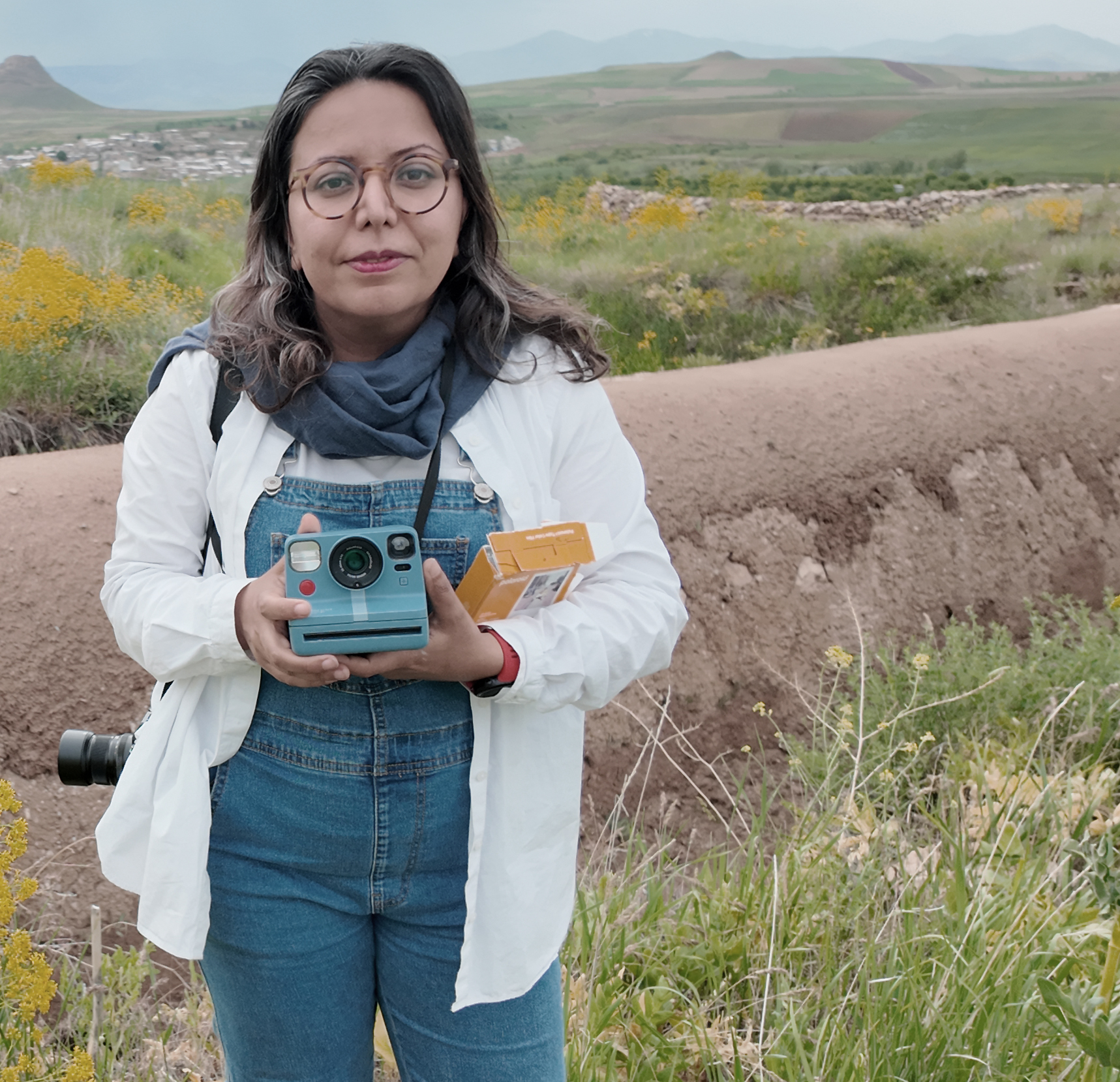
Gohar Dashti
Gohar Dashti (b. 1980, Ahvaz, Iran) makes large-scale photography that employs a uniquely theatrical aesthetic to explore the innate kinship between the natural world and human migrations. Her highly stylized photographic observations of human and plant-life reveal her fascination with human-geographical narratives and how nature connects us to the numerous meanings of ‘home’ and ‘displacement’. Her images raise questions about the immense, border-defying reach of nature—immune to cultural and political divisions—and the ways in which immigrants seek to reconstruct familiar topographies in a new, ostensibly foreign land.
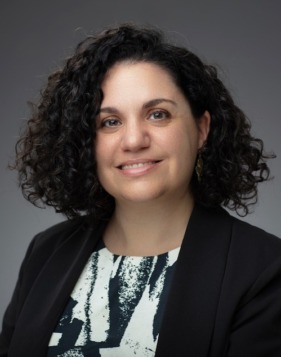
Hala Auji
Hala Auji is an associate professor of art history and the Hamad bin Khalifa Endowed Chair of Islamic Art at Virginia Commonwealth University, Richmond. Her research focuses on transcultural modernity, print culture, and photography in Eastern Mediterranean communities during the long nineteenth century. With a background in graphic design, art criticism, and art history, Auji examines intersections between art, design history, and comparative literature, particularly in relation to Islamic and Middle Eastern art. She is the author of Printing Arab Modernity: Book Culture and the American Press in Nineteenth-Century Beirut (Brill, 2016) and co-editor of The Arab Nahda as Popular Entertainment: Mass Culture and Modernity in the Middle East (Bloomsbury, 2023) and Islamic Art History and the Global Turn: Theory, Method, Practice, part of the Biennial Hamad bin Khalifa Symposium on Islamic Art Series (Yale, forthcoming). Her current book project investigates printed portraiture in Ottoman provincial cities. Auji also co-chairs the Biennial Hamad bin Khalifa Symposium on Islamic Art.

